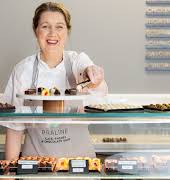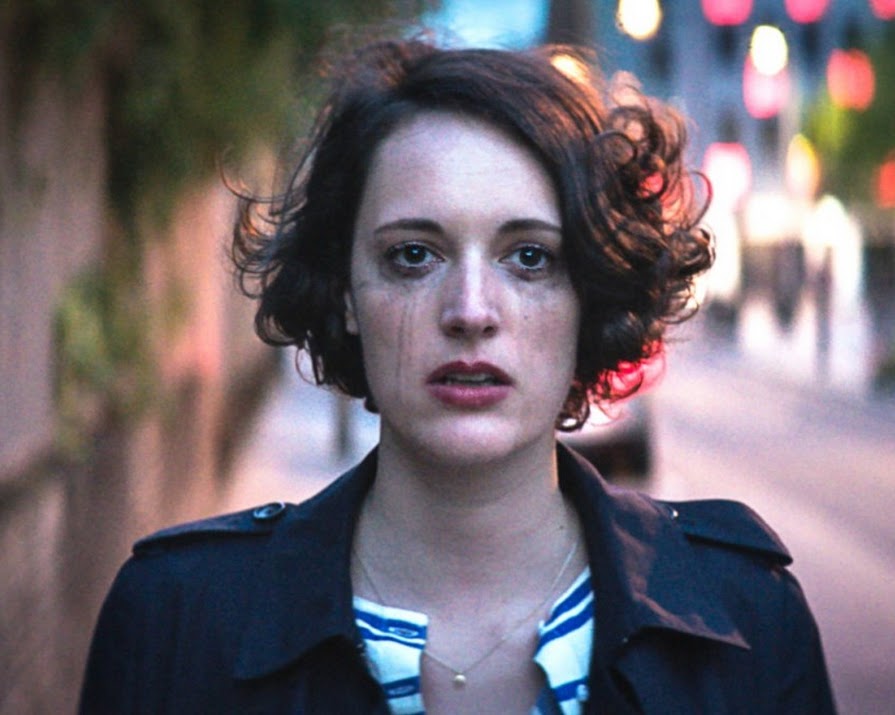
By Jennifer McShane
16th Apr 2017
16th Apr 2017
Judging women on the merits of their “likeability” is complete BS. So, why can’t we all stop talking about it, asks Jennifer McShane?
Women, in 2017, have a ridiculous amount to contend with. It isn’t enough to have a job, to work tirelessly to be exceptional at it, to raise a family, to try to be kinder to yourself all while battling daily doses of discrimination and sexism. Oh no. Many a media publication, TV show, film or fiction or people generally would much prefer if you were “likeable,” as well as all of the above. ?I find the term to be ridiculous and redundant in my writing about women’s issues, yet over the past week alone, I’ve read eight pieces that have bandied about the terms “likeable” and “unlikeable” when talking about successful women – and it’s used frequently as a term associated with women of a certain level in a predominantly negative manner.
Why do we admire some and not the rest for their likability factor? And why, in the same breath, do we equally scorn a woman for being so very “unlikeable”? This could mean you’re cold like Clare Underwood or Alicia?Florrick. It means, like Hilary Clinton, you don’t smile enough. Or what about being branded “difficult” for calling out sexism? That one sadly ended actress Katherine Heigl’s Hollywood career. ?Or is it that your demeanour is of ‘Ice Queen’ proportions, a la Anna Wintour? You can be tough, and smart and an incredible success, but?certainly not likeable. It’s a vast societal double-standard. On life and on screen, in the pages of fiction, women are scrutinised and judged on this merit constantly whereas men are simply brooding?and complicated. In fact, let’s be clear: we don’t talk about men this way, period.
There was suitable?uproar when a Guardian columnist pointed out that Ryan Gosling’s jazz-loving character in La La Land was a real asshole to his girlfriend. This couldn’t be denied. He was. Beneath the singing and dancing, he forced her to like “real jazz,” and when she protested, his response was to take her to nothing but “real” jazz clubs on every date after. He barged into her and didn’t apologise until she made him, months later. But I only saw that one piece gain real traction and then came the obligatory response column, that it was “okay if protagonists weren’t likeable,”?but the piece only mentioned Gosling for the argument and not a woman. ?Misbehaviour is tolerated?and accepted in men ?- behaviour that should deem them as unlikeable as ever – but too often, barely an eyelid is batted, horrific behaviour excused. Look at Johnny Depp or Casey Affleck. And then look at say, Amber Heard.
Why is it predominantly female characters who have their likeability called into question?… it seems that women, even fictional ones, are held to different standards than their male counterparts.
And who really wants to talk about “likeable” women anyway? Why do we have even use the terminology? Why can’t we just see women portrayed as the are? Complex, flawed, imperfect. The truth is that it is far easier to put women in boxes – Cold or warm? Angel or devil? Victim or temptress? ?Likeable or unlikeable? – because it makes them easier to digest.
Irish writer and author M?ire T. Robinson firmly agrees that the idea of a “likeable character” as a woman should cease to be the focal point, particularly in fiction.
“What I would love is to see the term ?likeable? taken off the table entirely when it comes to discussion on female characters. I find it reductive and pointless. I think a good replacement would be ?compelling?. Are these characters compelling, multi-faceted and believably flawed? Do their experiences read as authentic? Do they keep us wanting to turn the page and reading their story??Those are the female characters I’m interested in reading about and writing about,” she said.
And the crux of the issue is that society keeps reducing and judging women on this factor and so the same characters get written about, time and time again, the same women vilified. The solution should surely be that it is time to sing a different tune.
I don’t want to be limited to reading about nice, predictable, well-behaved women.?Human experience is messy and confusing and glorious, and sometimes people aren’t ?nice?.
Why does she feel that women get branded with this term?
“For me, the question of ?likeability? is problematic for a number of reasons,” she explained. “Firstly, how do we even define what is and is not ?likeable?? It’s such a subjective trait that it’s essentially meaningless as criteria for judging characters.”
“Even if we do come to an agreement that these characters are ?unlikeable?, so what? Why should that prevent us from enjoying their stories? I don’t want to be limited to reading about nice, predictable, well-behaved women and I certainly don’t want to write characters like that either. Human experience is messy and confusing and glorious, and sometimes people aren’t ?nice.?”
And why is it predominantly female characters who have their likeability called into question?
“I suspect it’s a reflection of society at large. Women are conditioned from a young age to be ?kind?, ?polite?, ?nice?, etc. It seems to me that there’s a performative aspect to being ?likeable?. There’s a code of conduct dictating the proper way to behave and to dare to breach this is to step outside the norm of social acceptability. Many gendered terms – bossy, bitchy, shrill, etc. – are used to keep women in their place should they stray beyond these boundaries and ?likeable? also falls into this category. It seems that women, even fictional ones, are held to different standards than their male counterparts.”
It’s this attitude, this notion that women don’t get to be difficult or unlikable – because if we’re good at anything, we’re expected to share it graciously,?and pretend that it just came out of nowhere – that is simply unacceptable and no longer good enough.























